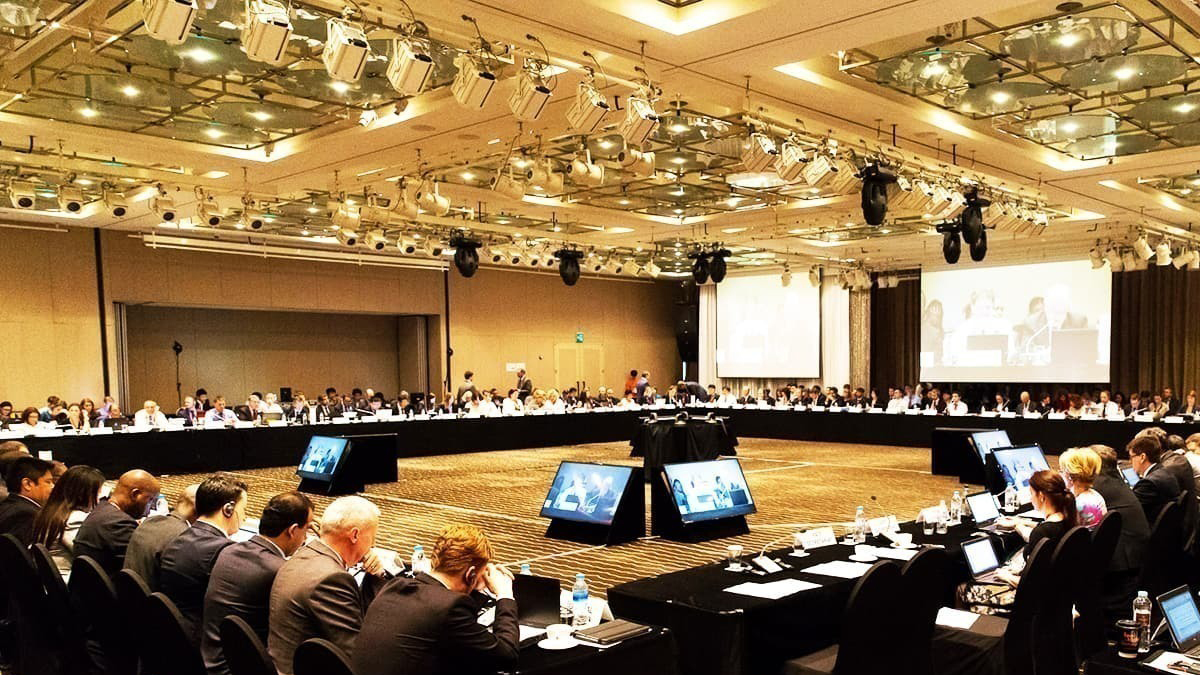
The Financial Action Task Force’s (FATF) regional affiliate, Asia/Pacific Group, has kept Pakistan on the ”Enhanced Follow-up” list and has asked the country to keep up with its implementation of combating terror financing and anti-money laundering measures.
The purpose of the APG’s recommendations is to ensure that Pakistan adopts, implements, and enforces the globally ascertained counter-terrorist financing and anti-money laundering standards, as laid out in the FATF Forty Recommendations and Eight Special Recommendations.
The group said that Pakistan had adhered to 31 of FATF’s 40 recommendations and has thus been added to the APG’s “follow-up list”.
Pakistan had placed a request to the APG to upgrade to its compliance status on at least 23 of the 40 recommendations of the FATF, in the light of its second mutual evaluation follow-up report.
Pakistan was re-rated to ‘compliant’ on five counts and ‘largely compliant’ on 15 others.
Read Also | NCOC allows loosening of some restrictions
However, on the Mutual Legal Assistance (MLA) agreement, Pakistan’s status was slightly downgraded to “non-compliant” from “partially compliant” by the APG.
The improvement in light of the FATF recommendations has strengthened Pakistan’s case in this month’s plenary of the international financial watchdog that will have a review on whether or not to keep the country on its grey list.
Experts say that the chances of blacklisting Pakistan have significantly diminished after the second follow-up report of the APG as the country is “largely compliant” on 24 recommendations and is “complaint” on seven others.
In August 2019, the 41-member APG had downgraded Pakistan’s status to the category of ”Enhanced Follow-up” from the ”Regular Follow-up” due to technical deficiencies to meet the declared global financial standards by October 2018.
It is pertinent to mention that the APG has noted Pakistan’s positive steps in enacting the new Mutual Legal Assistance Act 2020 (MLAA) and cementing MLA processes and timeframes.



